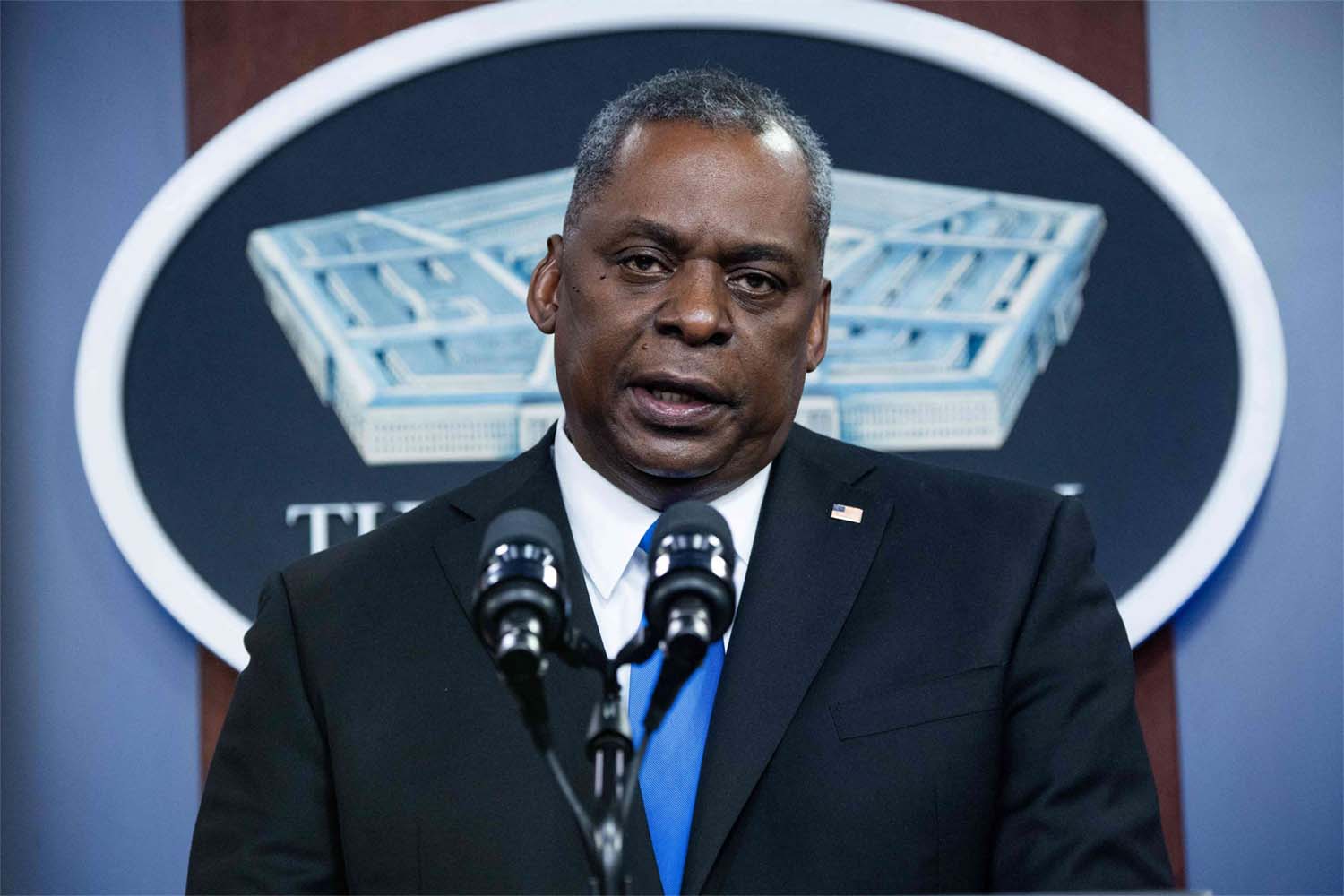US deterrence against Iran falls short
US deterrence messages are proving ineffective in deterring Iran and its terrorist proxies. These groups continue to carry out missile and drone attacks on US military bases in various parts of Iraq, which the US admitted on Nov. 10. In 46 attacks, 56 soldiers were injured. The patience of the US, whether strategic or not, is running out. Iran, on the other hand, has a reservoir of patience with which it can test the limits of American resolve by testing the White House’s seriousness about its repeated warnings about the consequences of attacking US forces in Iraq and Syria.
In a calculated escalation of US anger, Vedant Patel, deputy spokesman for the US State Department, said “we sent a very loud and direct deterrence message to Iran about our willingness to vigorously protect our personnel and our interests.” The most recent US military attack on facilities of the Iranian Revolutionary Guards and their associated militias took place in eastern Syria on October 26.
The Pentagon statement emphasizes that this is a self-defense response to a series of ongoing and largely unsuccessful attacks on Americans in Iraq and Syria, and reiterates the need to avoid escalating the conflict.
The fact is that the American messages are not achieving their intended purpose. They cannot be considered a real deterrent in the operational sense. Effective deterrence requires a response that is at least as strong, taking into account the balance of forces, weapons capabilities and operational considerations of each side.
All of these considerations require that the American response be a real deterrent in the practical sense of the word. Since this is not the case, the message of deterrence is not getting through to the Iranian side as intended.
Without exaggeration, it can be said that the situation may even embolden the IRGC to continue its attacks, accelerate their pace and increase their destructive power, leading to further loss of life and property for the US military.
The latest message from the Biden administration through regional intermediaries is that the US is prepared to intervene militarily against Iran and Hezbollah if they attack Israel or harm US citizens. These attacks, which have been sporadic but continuous since October 7, appear to be a test of will from Iran and its militias. Nothing seems to change in the situation, apart from the American counter-attacks to which these terrorist militias are accustomed and which do not seem to seriously affect the Iranian calculation of profit and loss.
The Iranian Revolutionary Guards and their militias in the region have their own calculus of profit and loss. The deaths of individuals, no matter how numerous, do not matter to them. The human reservoir is enormous, and numbers are not as important to them as they are to Israel or the US. The loss of bases or weapons depots in Iraq or Syria pales into insignificance in the face of the great strategic objective that all these groups are pursuing under the banner of the Axis of Resistance.
These armed groups have stated and known goals. They want to undermine the status of the US, destroy the reputation of the American military, and achieve goals that can be portrayed as massive military victories against American influence. This strengthens the loyalty and subordination of their followers.
These militias also benefit from a larger number of sympathizers who are exposed to the repeated Iranian propaganda campaigns that focus on a constant mobilization discourse.
In short, the American threatening messages, which were preceded by careful attempts to reach an indirect agreement with Iran and Lebanese Hezbollah on regional battle lines and prevent an expansion of their reach, have so far failed to achieve their goal. On the contrary, their tangible result is a gradually escalating militia warfare, allowing them to enter the regional lines of conflict and perhaps paving the way for a significant expansion of the theatre.
The problems are not limited to missile or drone attacks from Iraq, but have extended to the direct involvement of Houthi militias in the conflict. This militia has even shot down a sophisticated American drone, leading the Pentagon to fear that the wreckage could fall into Iranian hands.
Salem AlKetbi, UAE political analyst and former Federal National Council candidate







